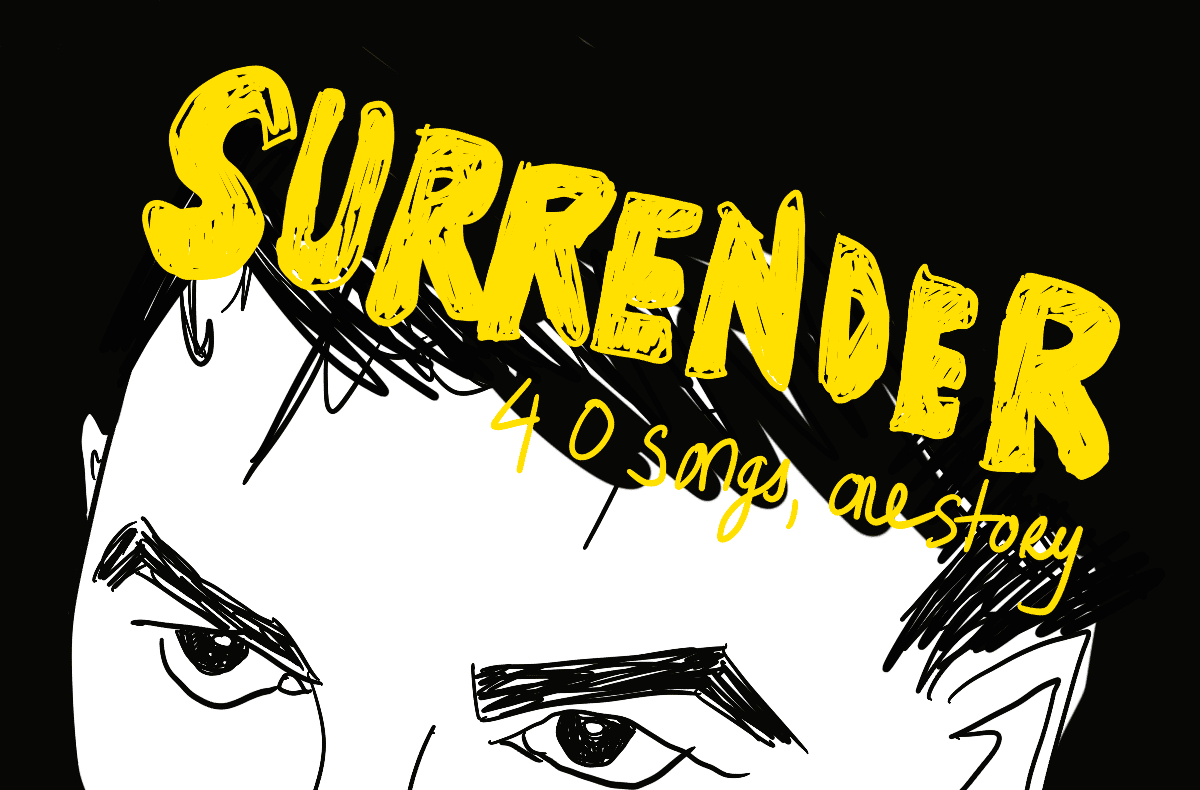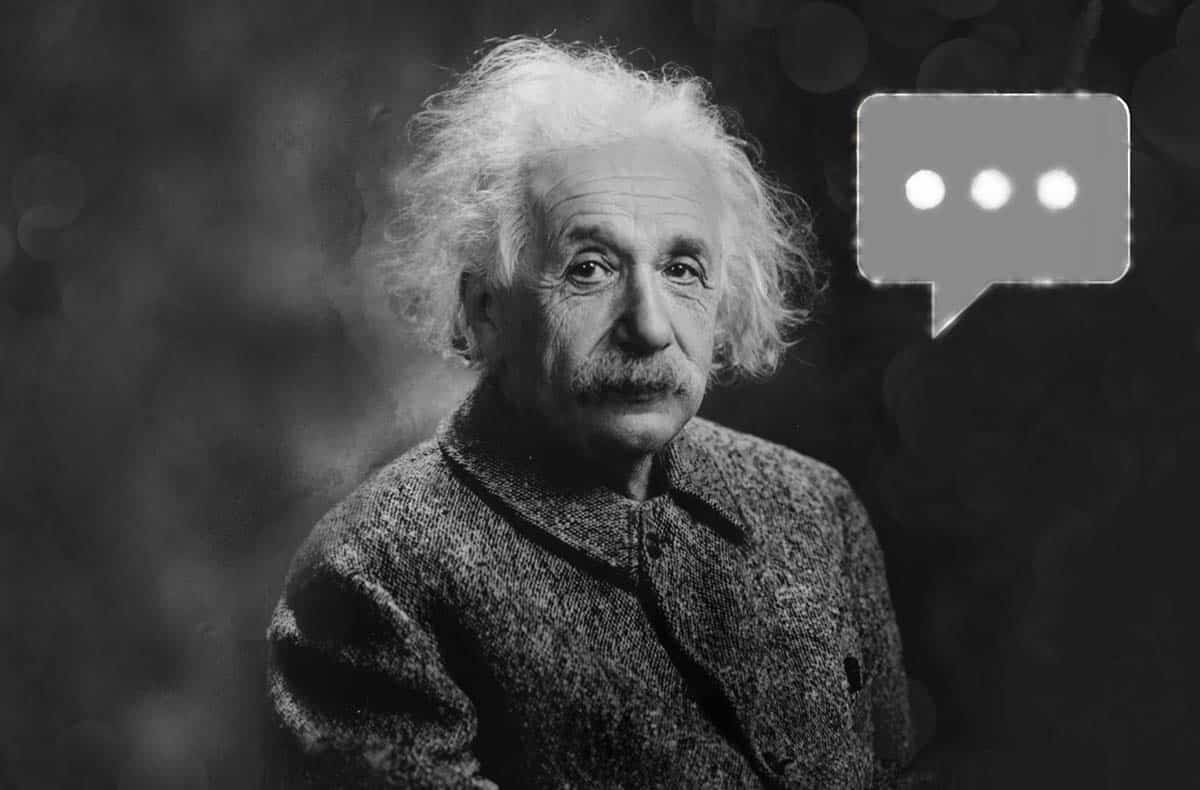
It’s quite a tough first gig. That is, explaining myself as a lifetime advocate for play, creativity and innovation—while aerial bombs smash elegant city centres, in the kind of European territorial war we thought was consigned to history.
But if you hang in there for four decades with a creative life, trying out most available opportunities, you can cite precedents for many things.
One of my hats is as a “legacy” musician from the late 80s (an activity—lead singer—which still provides both pleasure and revenue). On August 22nd, 1991, we (Hue And Cry) played a multi-act concert at a stadium in Sopot, Poland. The next morning, the wall of monitors in the hotel lobby was blaring news of the generals’ coup attempt against President Gorbachev.
I turned to some Polish music-biz colleagues, as the screens showed Gorbachev being led down some aircraft steps. Isn’t this history being made, I asked? I’ll never forget the frowning, curt response. “Their history—not ours.”
That’s a tiny insight into the startling and moving determination of the Ukrainian people, as a post-communist nation, to resist any return to a repressive, illiberal culture. (By the way, the promoters of our Polish gig made Sopot stand for “Stamp Out Piracy Our Task.. Pre-digital, but certainly pro-market.)
But that’s also what a lens focused on creativity and play, as a deeply wired human response to the challenges of life, can help you see: openness and possibility, in otherwise grimly determined situations.
Playfulness is what’s helping the Ukrainians win their social media war, at least. There’s clips of lustily singing soldiers, crazy kids doing driving tutorials on captured tanks, moms tossing Molotov cocktails out of their family-car windows. Even their President does relaxed and patriotic selfies from scenic Kyiv.
To be clear, I don’t ascribe automatic virtue to the “play” in any situation. I have had enough of a media career in the European West—from old media to new media and hypermedia—to know how much a display of creativity can be a cover for much more hard-nosed interests.
When I was a founding editor of the Scottish national newspaper the Sunday Herald, I sat through more than enough marketing sessions on the semiotics and psychology of our product. We were playing with the dashboard of human triggerabilty—primarily aiming for anxieties about status and homeland.
The journalism was important—but more important was the Sunday paper as something “readers were gifting to themselves” as our editor put it. (And more important than that was taking a slice out of the advertising revenue of the incumbent title.)
Again, what’s intriguing about the Ukrainian-Russia conflict is the role of creative, collective mind-shaping. In the words of Putin’s theatre-trained advisor Vladimir Surkov in 2019, “analysts say that Russia meddles in elections and referendums around the world…In reality, things are much more serious: Russia meddles with their brains, and they don’t know what to do with this altered state of mind.”
Are we waking up to a new (or perhaps old) truth: that when the seductions and persuasions of soft power fail, the old instruments of hard power are easily reached for?
You’d barely want to think about the hard power (meaning nuclear) endpoint of the current war. So, as creatives, how do we approach the ultimate solution to Putin’s adventuring? That is, to foment the mass disillusion, and yearning for better, of the Russian people?
Again, I’ve been around enough blocks to offer something a little distinctive. I’ve had a role as a lead campaigner towards Scottish independence, for almost as long as I’ve been in media and music. My great lesson from the independence referendum in 2014—which my side lost—was that we were facing “Project Fear” (their own self-description).
Primal, adaptive emotions were tapped in the campaign. Scottish independence was depicted as a recipe for chaos, danger, isolation.
Since then, I have become deeply interested in the science of emotions. Particularly those evolved, survival-oriented responses, that grip us much more than we can grip them.
There’s good news from affective neuroscience (and which I’m writing up in a forthcoming book). Play and playfulness—as well as care and curiosity—are essential to us complex mammals, as much as the dark trinity of fear, anger and panic. (Lust, to be sure, needs its own explanatory zone).
So how can we hold out the promise of a playful, caring and exploratory world to Russian citizens? They were toiling before the sanctions hit. But they will need a vision of the good life to yearn for, as much as they’ll need a desperate spirit of rebellion. Step up artists, coders, imagineers, marketers of all kinds.
Incidentally, I’m also interested in the playful-creative response to other big crises—our disrupted biosphere, coming waves of automation, massive planetary migrations. I hope to cover such horizons, and more, in these pages.
It’s not a week to defy the headlines. However, it’s always time to take creativity seriously.
For more on Pat’s work, see patkane.global



